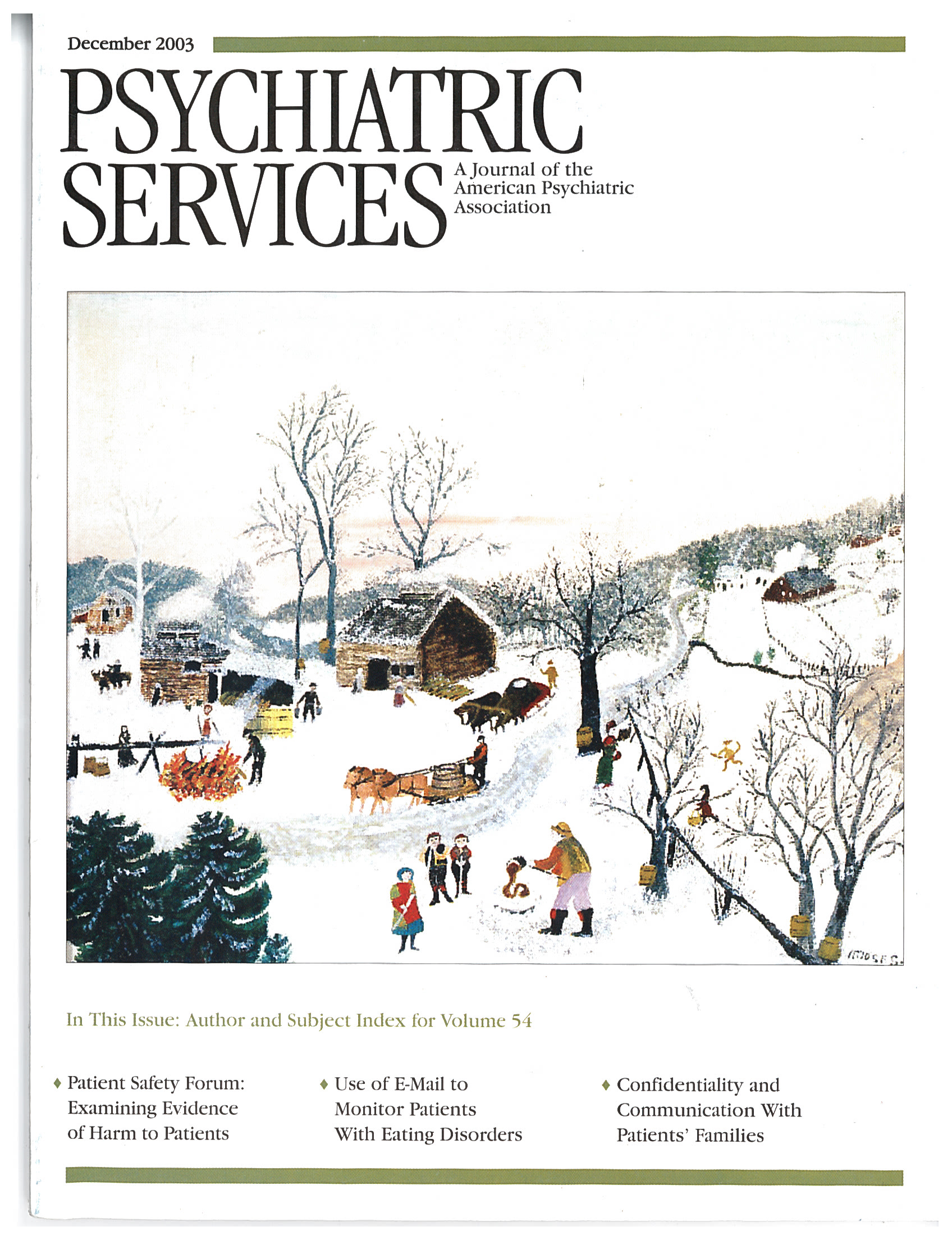I rarely read mysteries, so it's hard for me to compare this convoluted tale of murder and breathless action with others of its genre, but I found No Second Chance interesting and entertainingly written. The action is nonstop and cinematic—an earlier Coben novel was the subject of a bidding war by the film studios.
The protagonist, Marc Seidman, is a plastic surgeon who comes out of a coma to find that he has been shot and is a suspect in the death of his wife and that his infant daughter has vanished. The twists of plot are unlikely, and the rapid adaptation—both physical and emotional—of the characters to the rapid-fire action is unconvincing at times, especially at the more or less happy ending, but I suspect that these are largely conventions of the genre. No Second Chance is full of familiar details of suburban life, the story of a man who lives in the neighborhood he grew up in, near his parents and his boyhood best friend, and who is also a globe-trotting international doctor who enjoys doing reconstructive surgery for people in faraway lands. It is also full of the latest electronic gadgets, such as wireless PDAs and cell-phone call logs that allow Marc's former girlfriend, Rachel, to track down suspects as they speed around the New Jersey suburbs, bloody and battered from a series of ambush battles with the bad guys.
The mental health angles to this book involve the use of psychiatric diagnosis in motivating suicidal and homicidal behavior. Two murderers display perhaps the most unambiguous romance in the book, having met "in the loony bin," in which one is saved by the other from what sounds like incipient rape by hospital orderlies, whom he fairly quickly murders. Marc's wife, Monica, and his former high school classmate Dina were both seeing the same psychiatrist, a Dr. Radio, who seems to have failed to help either woman, although Dina initially falsely claims that he has. Just as the gunplay that kills Monica and almost kills Marc is about to break out, Dina, who knows that something is up, waits to get Dr. Radio's advice before acting, with lethal results. Then there is Rachel's husband, the senior FBI agent who we find has met his end through angry suicide. He is described as a manic depressive who went off his medication, at which point Rachel filed for divorce. Finally, there is the unfortunate end of Marc's sister, the drug addict, who seems to have found no help for her problem despite having a doctor for a brother, a man who gives the deformed a second chance.
I hope that when this book is made into a movie the few parts about psychiatry will be written out. However, I suspect we will see the struggle with the evil orderlies in the loony bin.

